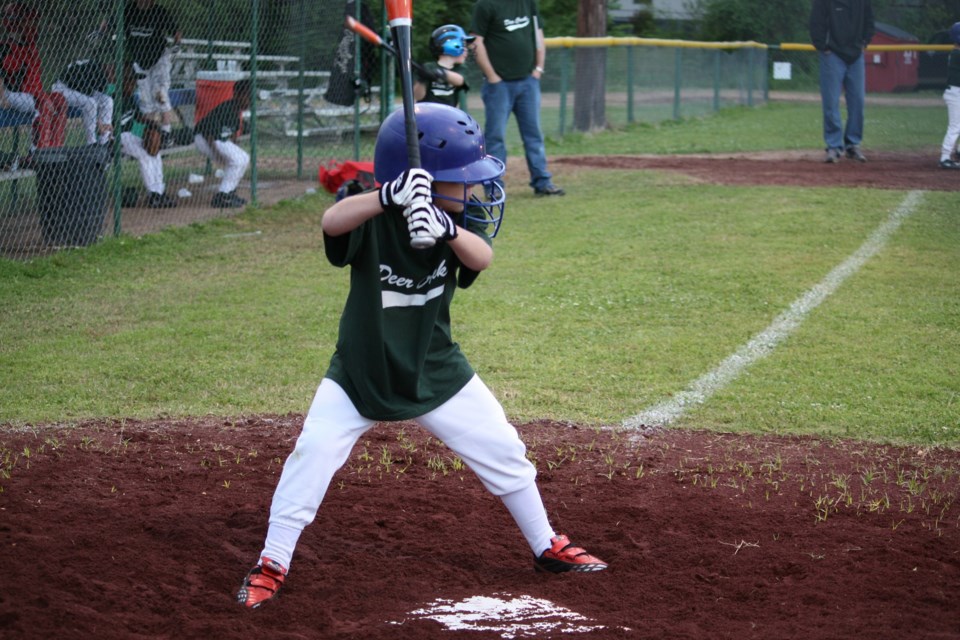This week, a Canadian charity is launching its annual nation-wide awareness campaign hoping to raise awareness for preventable injuries in children.
From June 4 to 10, Parachute Canada’s Safe Kids Week will focus on awareness and prevention of child concussions on the streets, at home and during play.
The organization will work with local schools, health units and community partners across the country, providing tips and resources on how concussions could be prevented. They are encouraging Canadians to join the discussion on social media by using the hashtag: #KidsAndConcussion.
More than 5000 children in B.C. under the age of 15 are diagnosed with a concussion every year. Concussions can occur at any time; whether it’s at a sports game or a neighbourhood play date. If a child is active and exploring, they are always susceptible to a concussion.
“Children are naturally curious and their developing brains are more vulnerable to injuries compared to adult brains,” said Dr. Ash Singhal, pediatric neurosurgeon at BC Children’s Hospital in a press release.
“Symptoms of a head injury may include headache, nausea, dizziness and confusion; it is important to quickly recognize the signs and obtain medical care.”
A concussion occurs when the head or body is subject to a significant impact which causes the brain to move inside the skull. These impacts can then cause the brain to suddenly shift or shake, further damaging nerve fibers.
“Each child’s recovery from a concussion is unique and the parents or guardians are always crucial in the recovery process,” said Dr. Shelina Babul, an associate director and sports injury specialist with the BC Injury Research and Prevention Unit in a press release.
Between 2014 and 2016, approximately 600 B.C. children were hospitalized due to concussions or severe head injuries. While the most common cause of childhood concussions in B.C. is cycling and pedestrian-related road accidents, a quarter of hospitalized children were injured from sports and most children between the ages of one and four were injured due to falls at home.
For more information on how to recognize, diagnose and manage a concussion, visit the Concussion Awareness Training Tool website.



